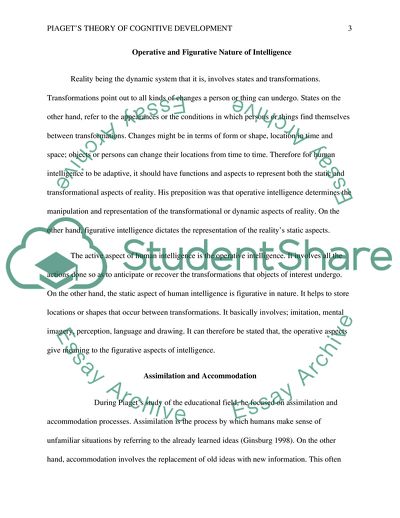Cite this document
(Critically evaluate Piagets theory of cognitive development Literature review - 1, n.d.)
Critically evaluate Piagets theory of cognitive development Literature review - 1. https://studentshare.org/psychology/1867476-critically-evaluate-piagets-theory-of-cognitive-development
Critically evaluate Piagets theory of cognitive development Literature review - 1. https://studentshare.org/psychology/1867476-critically-evaluate-piagets-theory-of-cognitive-development
(Critically Evaluate Piagets Theory of Cognitive Development Literature Review - 1)
Critically Evaluate Piagets Theory of Cognitive Development Literature Review - 1. https://studentshare.org/psychology/1867476-critically-evaluate-piagets-theory-of-cognitive-development.
Critically Evaluate Piagets Theory of Cognitive Development Literature Review - 1. https://studentshare.org/psychology/1867476-critically-evaluate-piagets-theory-of-cognitive-development.
“Critically Evaluate Piagets Theory of Cognitive Development Literature Review - 1”. https://studentshare.org/psychology/1867476-critically-evaluate-piagets-theory-of-cognitive-development.


